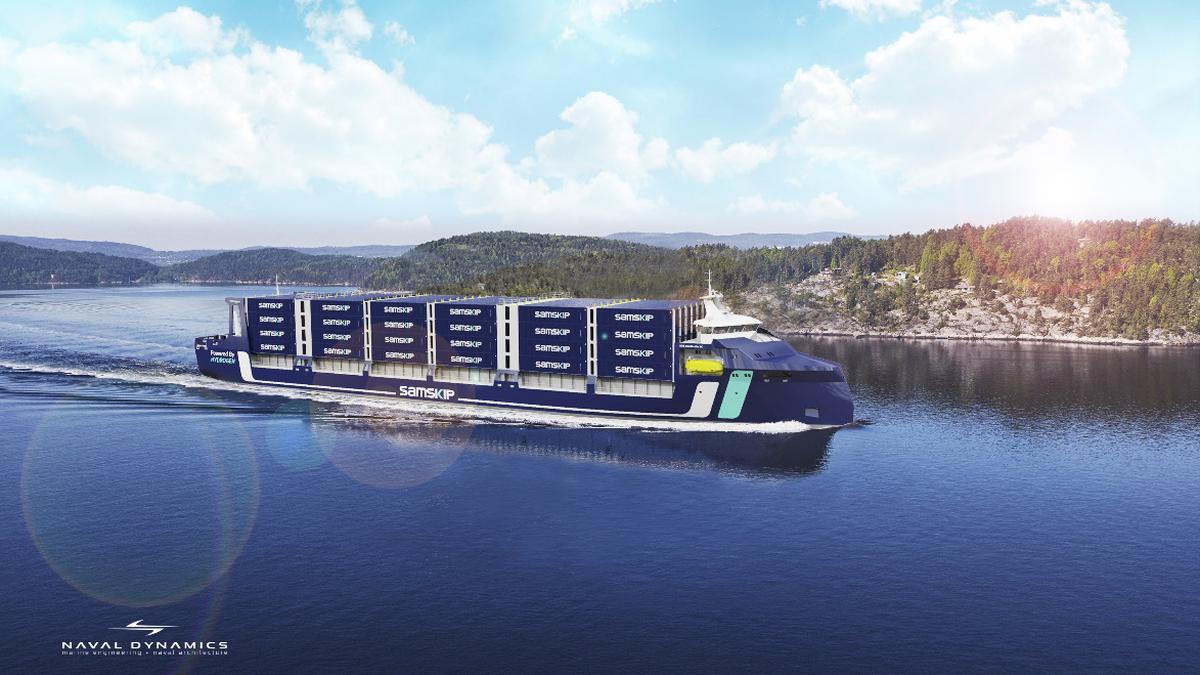In zero-emission mode, each vessel is expected to achieve around 25,000 tonnes of CO2 reduction per year
Cochin Shipyard Limited (CSL) has bagged an international shipbuilding order worth ₹550 crore from M/s. Samskip Group, Norway, a global logistics solution provider, for the design and construction of two zero-emission feeder container vessels with an option for two more vessels. The project is one of the world’s first zero-emission feeder container vessels that will be powered using hydrogen fuel cells ultimately, with green hydrogen, a press release from the shipyard said.

This is an ambitious project under the Norwegian government’s green funding programme aimed at emission-free transport solutions by adopting sustainable pathbreaking future technologies. The total project cost is around ₹550 crore. These ships can carry about 365 cube containers that are 45-ft-long and are intended to serve the European market, where sustainable transportation solutions are in high demand, the release added.
Samskip, a company headquartered in Rotterdam, the Netherlands, offers transport and related services by land, sea, rail, and air, around the world, focusing on cost-efficient, reliable and environment-friendly solutions, said the release.
In zero-emission mode, each vessel is expected to achieve around 25,000 tonnes of CO2 reduction per year. They will achieve zero-emission operations in ports also by using green shore power at the port of call. The vessel deliveries are scheduled from the third quarter of 2025. The vessels are equipped with hydrogen fuel cells in a hybrid power system with diesel generator backup for longer endurance. It will have an onboard storage facility for Hydrogen fuel and will be fitted with Azimuth thrusters for propulsion and high maneuverability.
CSL had also recently bagged contracts for construction of two commissioning service operation vessels (CSOV) for the European renewable offshore wind-farm segment. These vessels also employ emission-reduction technologies with large capacity Li-ion batteries and methanol-fuelled generators.